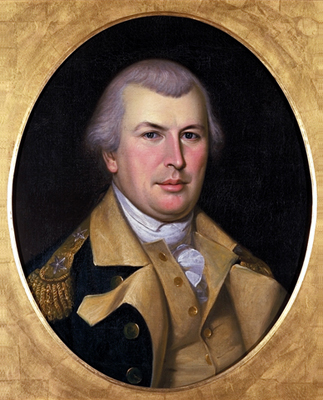Letter to George Washington (7 October 1776)
Nathanael Greene Quotes
Letter to George Washington (24 April 1779)
Letter to George Washington (November 1779)
Letter to George Washington (August 1778)
Letter to George Washington (31 October 1776)
Letter to George Washington (November 1779)
Letter to George Washington (9 October 1776)
Letter to George Washington (November 1779)
Letter to George Washington (9 October 1776)
Letter to George Washington (August 1778)
Letter to George Washington (July 1778)
Letter to George Washington (August 1778)
Letter to George Washington (January 1780)
Letter to George Washington (July 1778)
Letter to George Washington (26 April 1779)
Letter to George Washington (24 April 1779)
Letter to George Washington (24 October 1776)
Letter to George Washington (November 1779)
Letter to George Washington (9 October 1776)
Letter to George Washington (7 October 1776)
Letter to George Washington (August 1778)
Letter to George Washington (January 1780)
Letter to George Washington (7 October 1776)
Letter to George Washington (24 April 1779)
Letter to George Washington (31 October 1776)
Letter to George Washington (August 1778)
Letter to George Washington (November 1779)
Letter to George Washington (26 April 1779)
Letter to George Washington (August 1778)
Letter to George Washington (January 1780)
Letter to George Washington (November 1779)
Letter to George Washington (24 April 1779)
Letter to George Washington (July 1778)
Letter to George Washington (July 1778)
Letter to George Washington (26 April 1779)
Letter to George Washington (July 1778)
Letter to George Washington (7 October 1776)
Letter to George Washington (July 1776)
Letter to George Washington (January 1780)
Letter to George Washington (26 April 1779)
Letter to George Washington (9 October 1776)
Letter to George Washington (31 October 1776)
Letter to George Washington (August 1778)
Letter to George Washington (August 1778)
Letter to George Washington (July 1778)
Letter to George Washington (May 1776)
